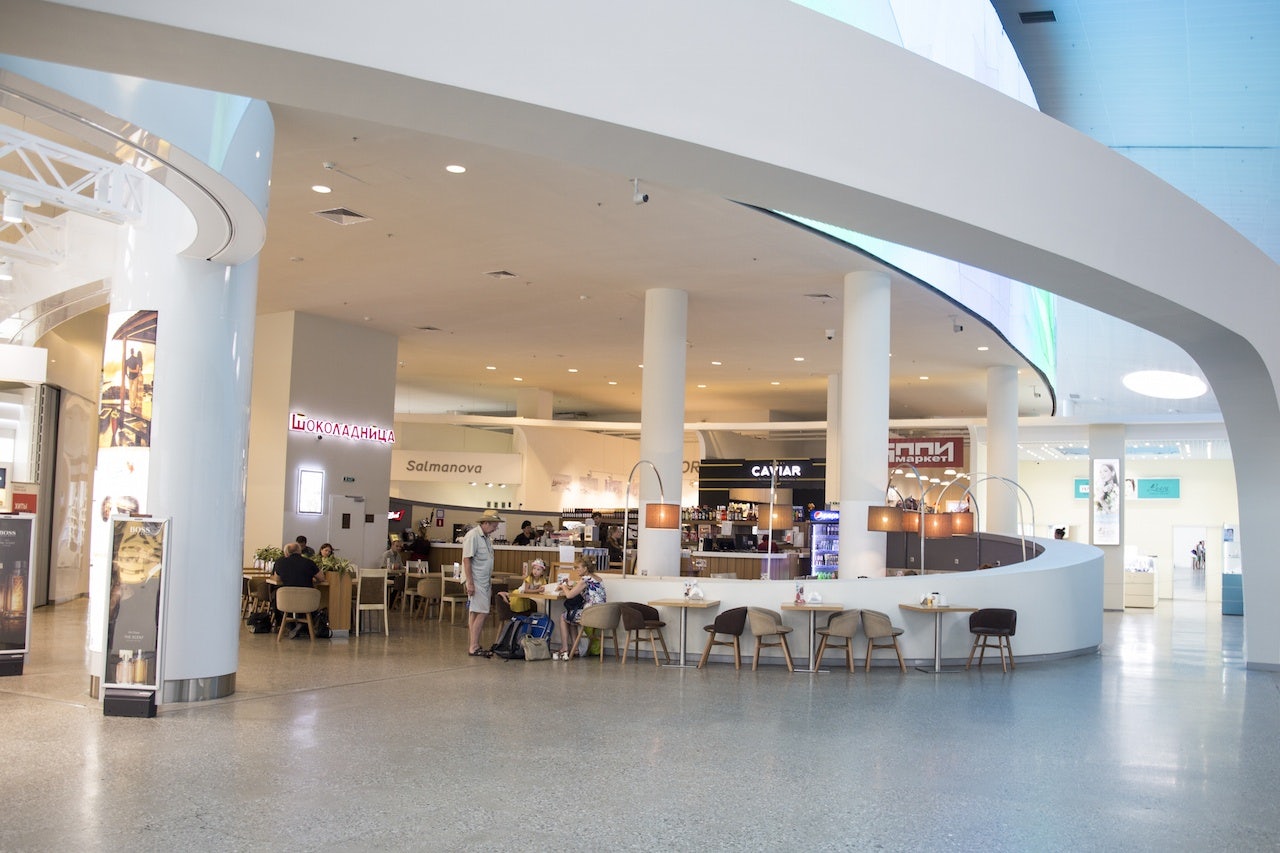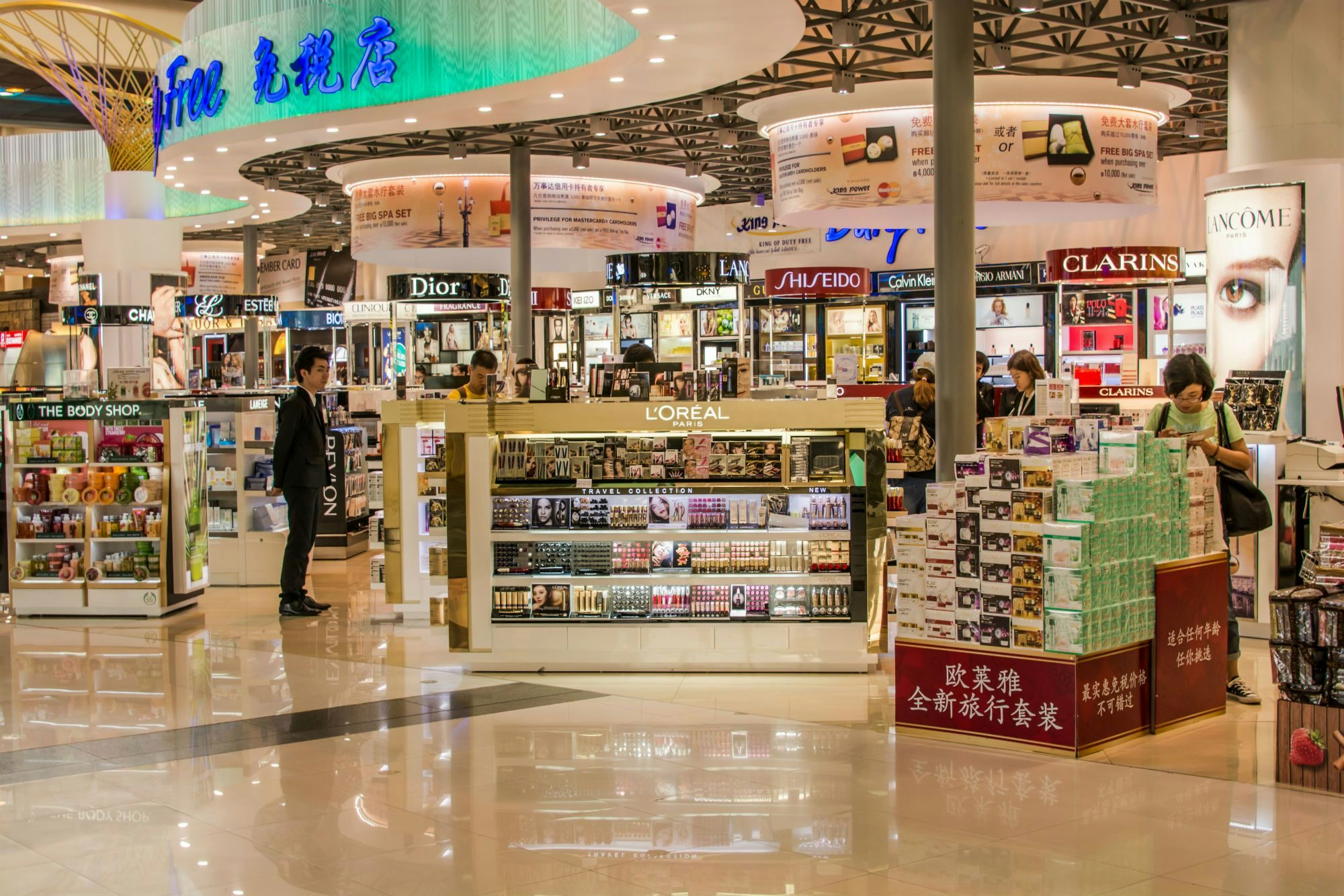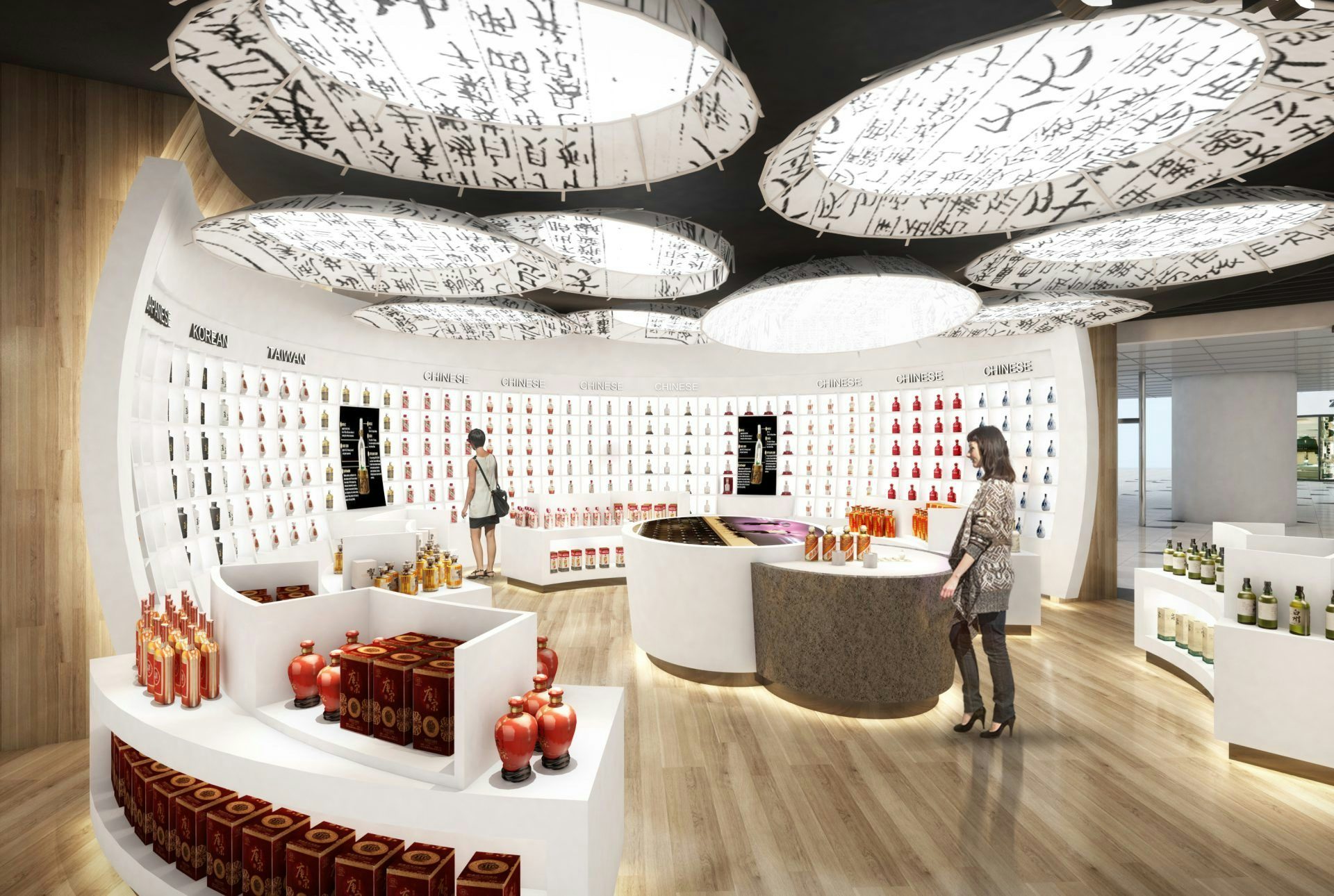Known as the “Acquisition King,” the HNA group acquired a 16.2-percent stake in Swiss travel retailer Dufry on August 21, raising its overall holding stake to 20.92 percent, and revealing its aim to become the largest individual shareholder of Dufry.
Even though HNA hasn’t disclosed publicly the value of the stake, given Dufry's current market capitalization, analysts estimate the value of these shares should be over 1 billion.
This deal is a risky one considering the current policy setting in China. The tightened control on outbound investments poses a challenge to its success. According to SCMP's report, China’s State Council is most concerned about outbound mergers and acquisitions worth more than 10 billion while purchases of over 1 billion will be scrutinized if they're outside the investor’s core business.
In addition to the transactional risk, the company’s complex shareholding and corporate structure raised people’s concerns over its ownership. Even so, it doesn’t stop HNA group from expanding outside of the aviation business and stepping into the duty-free industry.
In April 2011, Hainan Province began to pilot the tax exemption policy and established Hainan Duty-Free Co., Ltd., according to Beijing Business Today, which marked its status as the only company in mainland China operating an offshore tax exemption business. Subsequently, HNA Group and the Hainan Province Duty-Free set up a joint venture company Haikou Meilan International Airport Duty-Free, which offers Chinese travelers offshore duty-free shopping when passing through this key travel stopover destination.
HNA’s investment in the duty-free mall in mainland China makes sense under the economic policy in China. Seeing the loss in capital as luxury spending moved overseas, the Chinese government enacted higher cross-border tax policies and stricter customs controls. Therefore the development of the duty-free market could be a key part in equalizing the price differences between luxury goods bought overseas and those sold locally.
Different from HNA's domestic investment, the increased stake in the international duty-free group Dufry speaks to HNA’s ambition to forge a connection between domestic and international Chinese travelers. Up to now, Dufry has duty-free shops in more than 63 countries that are top tourist destinations, located inside of airports, luxury cruise ships, harbors and railway stations.
The outlook of duty-free sales, according to experts, is positive. Asia Pacific will have gained a larger share of the market by 2020 compared to Europe, and Chinese travelers have high growth potential.
Foreseeing huge demand for luxury goods from Chinese travelers, luxury brands also made smart investments in duty-free shops. Richemont previously acquired a 5 percent stake in Dufry, and its rival French luxury leader Louis Vuitton Moet Hennessy acquired Hong Kong-based DFS, the world's No. 2 duty-free retailer.
Even though it remains to be seen whether HNA will be content to its new relationship with Dufry, or will try to acquire additional shares to gain further control of the retailer, its interest in the global Chinese shopper is evident.


